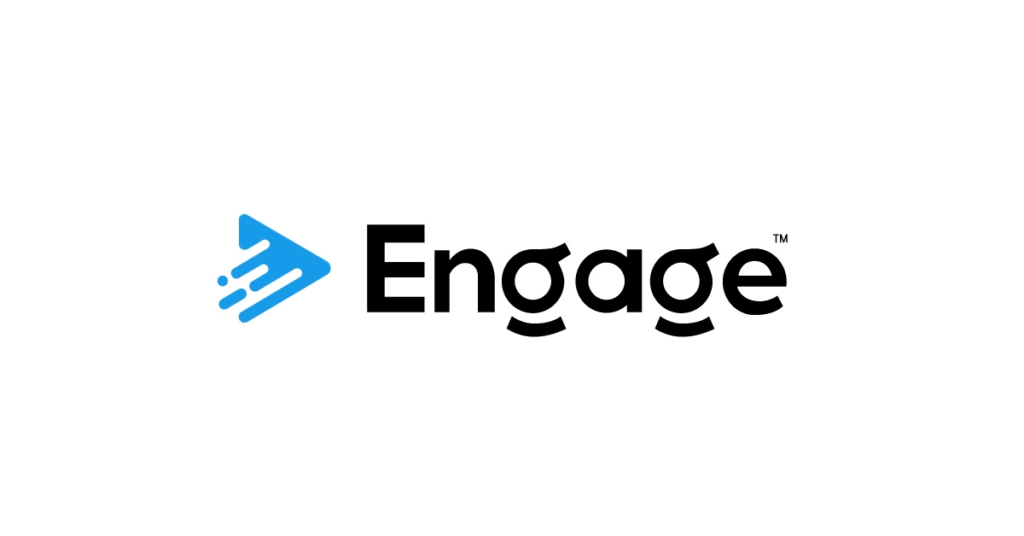Patient engagement is becoming increasingly important in healthcare, as healthcare providers aim to improve patient outcomes and experiences. Patient engagement refers to the involvement of patients in their own healthcare, empowering them to take an active role in their care and treatment. Patients who are engaged in their healthcare are more likely to have positive outcomes, better adherence to treatment plans, and increased satisfaction with their healthcare experience.
Here are some effective strategies for engaging patients in their healthcare:
Communication
Effective communication is the cornerstone of patient engagement. Healthcare providers should ensure that patients understand their condition, treatment options, and potential outcomes. They should also encourage patients to ask questions and express their concerns. Regular communication through multiple channels like phone, email, text messaging and video calls can help engage patients and make them feel more involved in their healthcare journey.
Education
Educating patients about their conditions, treatment options, and ways to manage their health can help them make informed decisions and take an active role in their care. Providing educational materials, such as brochures, videos, and websites, can help patients understand their health conditions and treatment options. Also, engaging patients in their own health literacy by teaching them about their medical terminology and how to read and interpret their own medical reports can help them better understand their health and care.
Patient portals
Patient portals are web-based platforms that allow patients to access their health information, including lab results, medical reports, and appointments. Patients can also use these portals to communicate with their healthcare providers, request prescription refills and appointments, and view their medical history. Providing patients with access to their health information can help them feel more in control of their healthcare and more engaged in their care.
Personalized care
Patients respond better to care that is tailored to their individual needs. Healthcare providers should take the time to understand each patient’s unique needs, preferences, and goals. They should also involve patients in developing their care plans, considering their personal circumstances and lifestyle choices.
Feedback and support
Patients should be encouraged to provide feedback on their healthcare experiences. Healthcare providers should also provide patients with emotional support, such as empathy and encouragement, to help them cope with the challenges of their health conditions. Providing access to support groups or connecting patients to peer support groups can help patients feel less isolated and more supported.
In conclusion, patient engagement is a crucial aspect of healthcare that can lead to improved outcomes and experiences for patients. Healthcare providers can engage patients through effective communication, education, patient portals, personalized care, feedback, and support. By involving patients in their healthcare journey, healthcare providers can help them feel more in control of their health and more invested in their care.
Contact us today to learn how Engage can help your healthcare practice elevate patient engagement and education to the next level.






